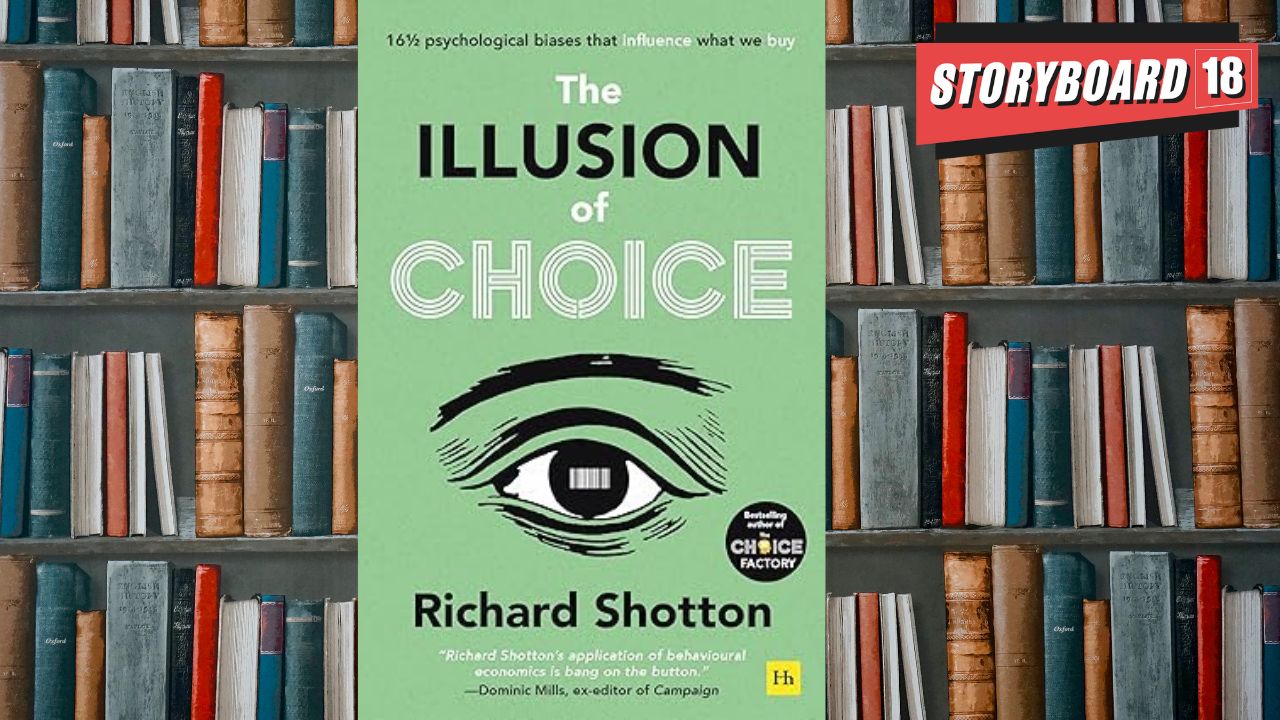16 1/2 REASONS WHY YOUR CHOICES ARE NOT ABOUT FREE WILL
In his speed readable book, ‘The Illusion of Choice’, the author Richard Shotton questions the factors that influence our choices- over 16 1/2 chapters. Make that 17 1/2 because there ’s a bonus chapter in there as well.
Shotton shares the psychological quirks that govern our choices! The book is clearly aimed at making the reader realise the hogwash of free will! I’d like to point the reader to other books on behavioural science as well, such as Robert Cialdini’s Influence, Predictably Irrational by Dan Ariely and Freakonomics by Steven Levitt & Stephen Dubner. This is a popular field of non-fiction filled with many choices and I might’ve detected the easy flair of Malcolm Gladwell and Martin Lindstorm, in Richard Shotton’s writing; in that it is anecdotal and breezy.
Here are our five Bookstrapping insights:
1. When it comes to Loyalty Programs at restaurants, a psychologist at the University of Chicago discovered that uncertain rewards are the answer to enhancing a loyalty scheme! When you stop offering every customer the same incentive, each time they visit, and add a dash of uncertainty, the value is enhanced! For eg; the Dishoom restaurant allows you to roll a dice at the end of the meal! If you get a six, your meal is free. This is 16.7 percent probability and a very welcome surprise!
2. Shotton also talks about how chunking commitments or breaking them down, e.g. volunteer four hours a week as opposed to 200 hours a year, can make all the difference to volunteering!
3. Who is Richard Shotton again? He runs a marketing company called Astroten, which help clients such as Google and Facebook apply behavioural science to marketing. This is his second book after ‘The Choice Factory’ and he has also been a media planner at the beginning of his career. Nice!
4. Shotton makes a case for reducing friction from the buying process? Ever thought about why Netflix autoplays the next episode?
5. He goes on to say that the best ads are memorable because they make the customer work a little and feel clever for figuring them out. When the brain exerts itself to make some effort, memorability is enhanced.
A lot of the insights make you pause and ponder. For eg; do we remember concrete things better than abstract things? Does this become a problem because marketers who have loads of experience, often find the simple too banal and prefer the abstract!
The book aims to tell brands that even small bits of friction will put off user-ship or engagement. Most people, including experts and professionals, tend to underestimate the scale of the impact of friction! Advertisers therefore need to think through the customer journey, identify even the smallest barrier that’s getting in the customer’s way, and then resolve it! This can make all the difference between a successful and an unsuccessful company!
Reeta Ramamurthy Gupta is a columnist and bestselling biographer. She is credited with the internationally acclaimed Red Dot Experiment, a decadal six-nation study on how ‘culture impacts communication.’ Asia’s first Reading Coach, you can find her on Instagram @OfficialReetaGupta
